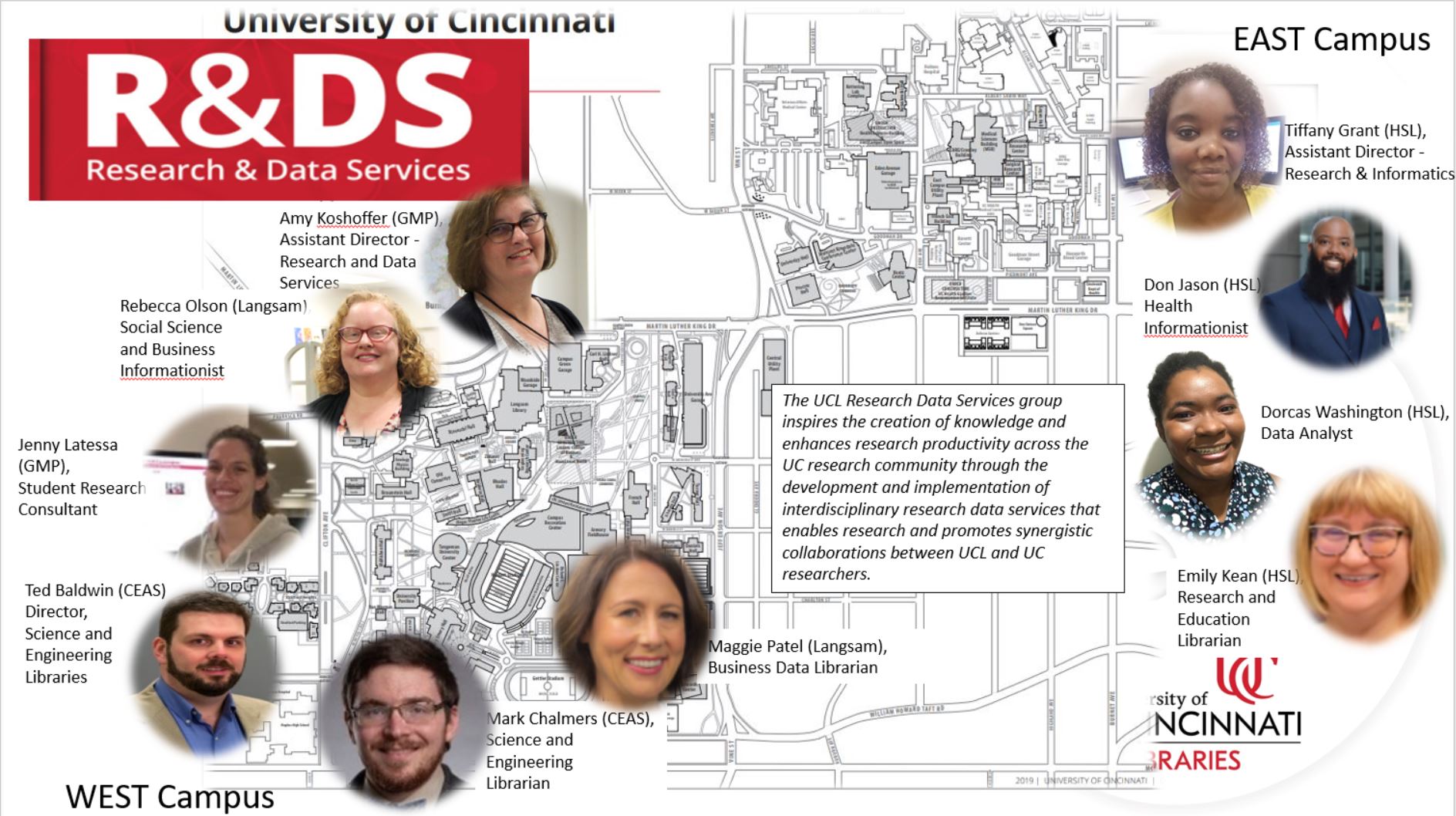Sept. 12, 3-5pm, Elliston Poetry Room
3-4:30pm program with 30mins Q&A following
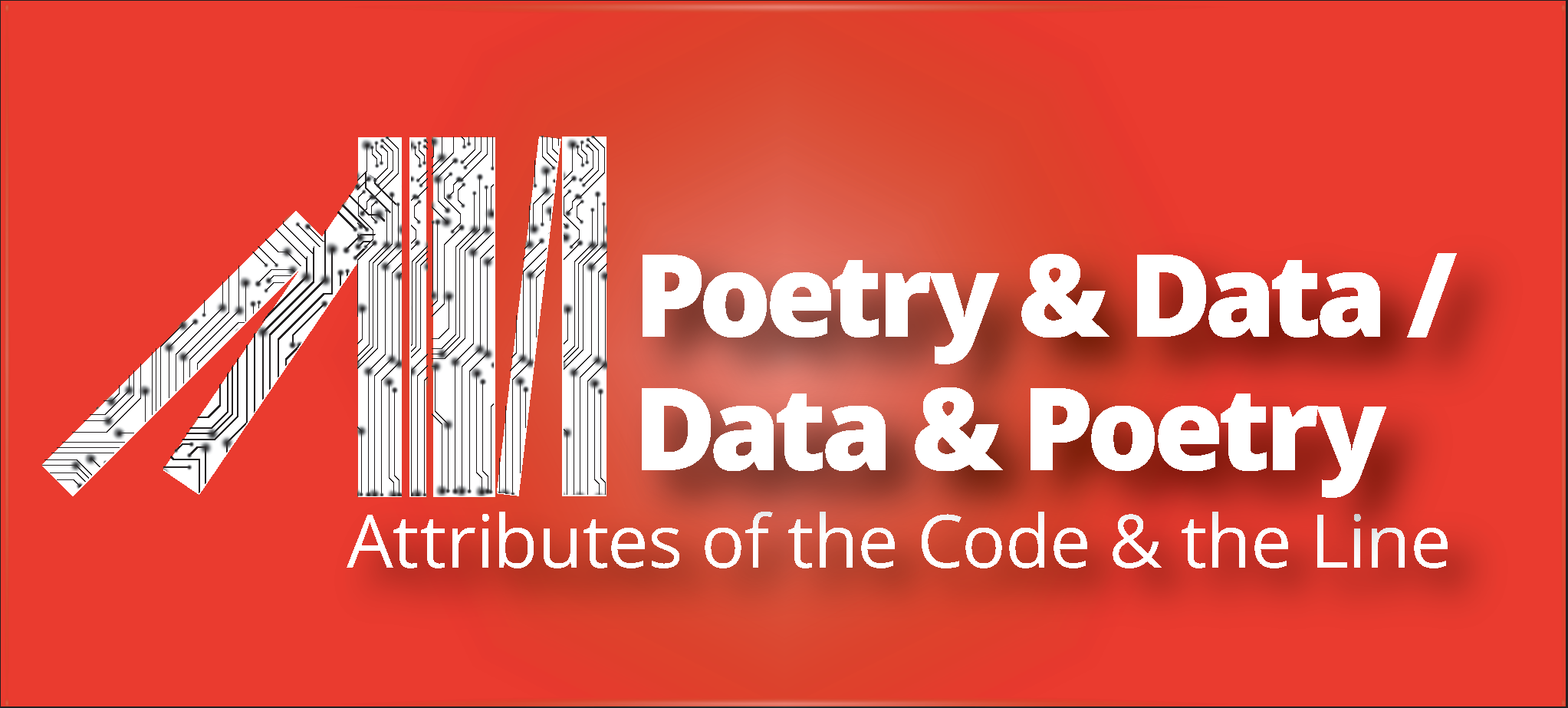
Hosted by the University of Cincinnati Libraries and the Elliston Poetry Room, the Data & Poetry | Poetry & Data Workshop: Attributes of the Code & the Line will explore how data and poetry inform and influence each other, the impact of emerging Artificial Intelligence (AI) programs on poetry and literature, as well as the implications this presents for copyright.
Join us Tuesday, Sept. 12, 3-5pm in the Elliston Poetry Room (6th floor of the Walter C. Langsam Library) for a panel discussion and Q&A led by poets, data professionals, AI researchers and a legal expert. While you may not leave with answers, you will leave with thoughts, resources and more questions.
The panelists are:
- Ben Kline is the assistant department head for research, teaching and services at UC Libraries. A poet in his non-library life, Ben believes poets should be empowered to harness data, data tools and our collective knowledge to create work that invigorates and challenges ideas about art and technology.
- Amy Koshoffer – as the assistant director of research and data services, Amy promotes data literacy skills particularly data sharing and data management.
- Kay Bancroft – a poet, editor, educator and artist, Kay merges creative writing with pre-existing structures, data and more.
- Mark Chalmers – science and engineering librarian. Among his other areas of expertise, Mark manages the CEAS Library’s coding workshops and is an AI enthusiast.
- Tim Armstrong – a lawyer and technologist, Professor Armstrong studies the intersection of advanced communications technologies and intellectual property law.
The workshop is part of Poetry Stacked programming and the Data and Computational Series. It is sponsored by a Universal Provider Award from the Provost Office.

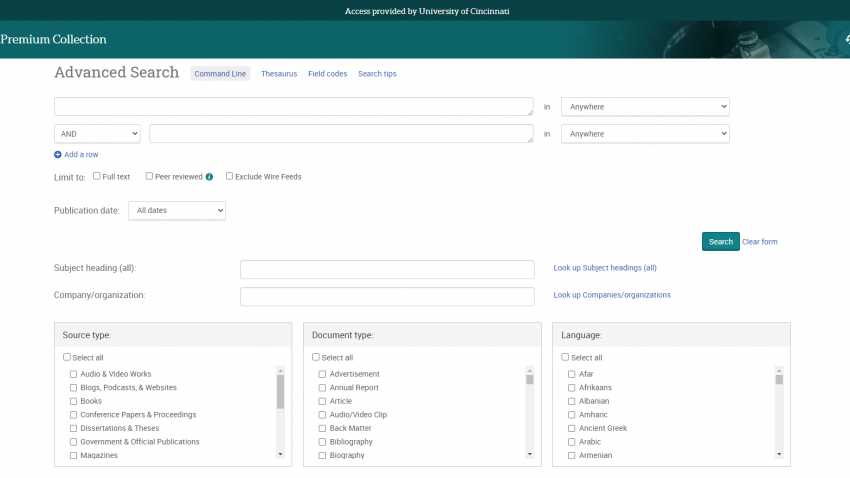
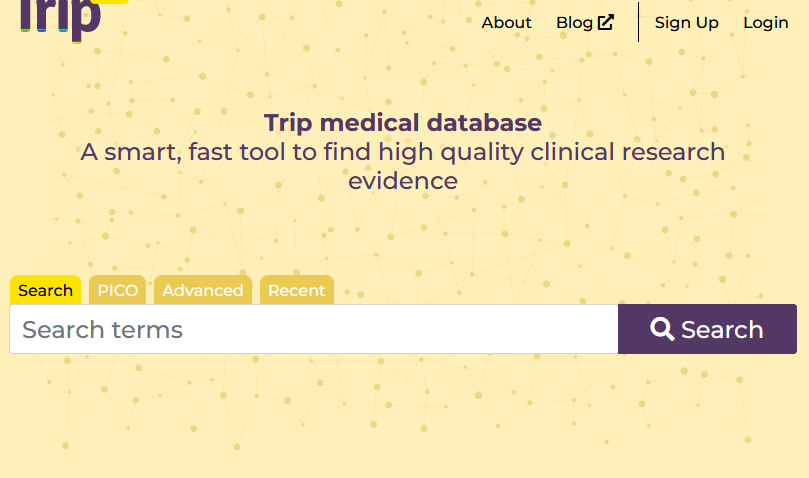
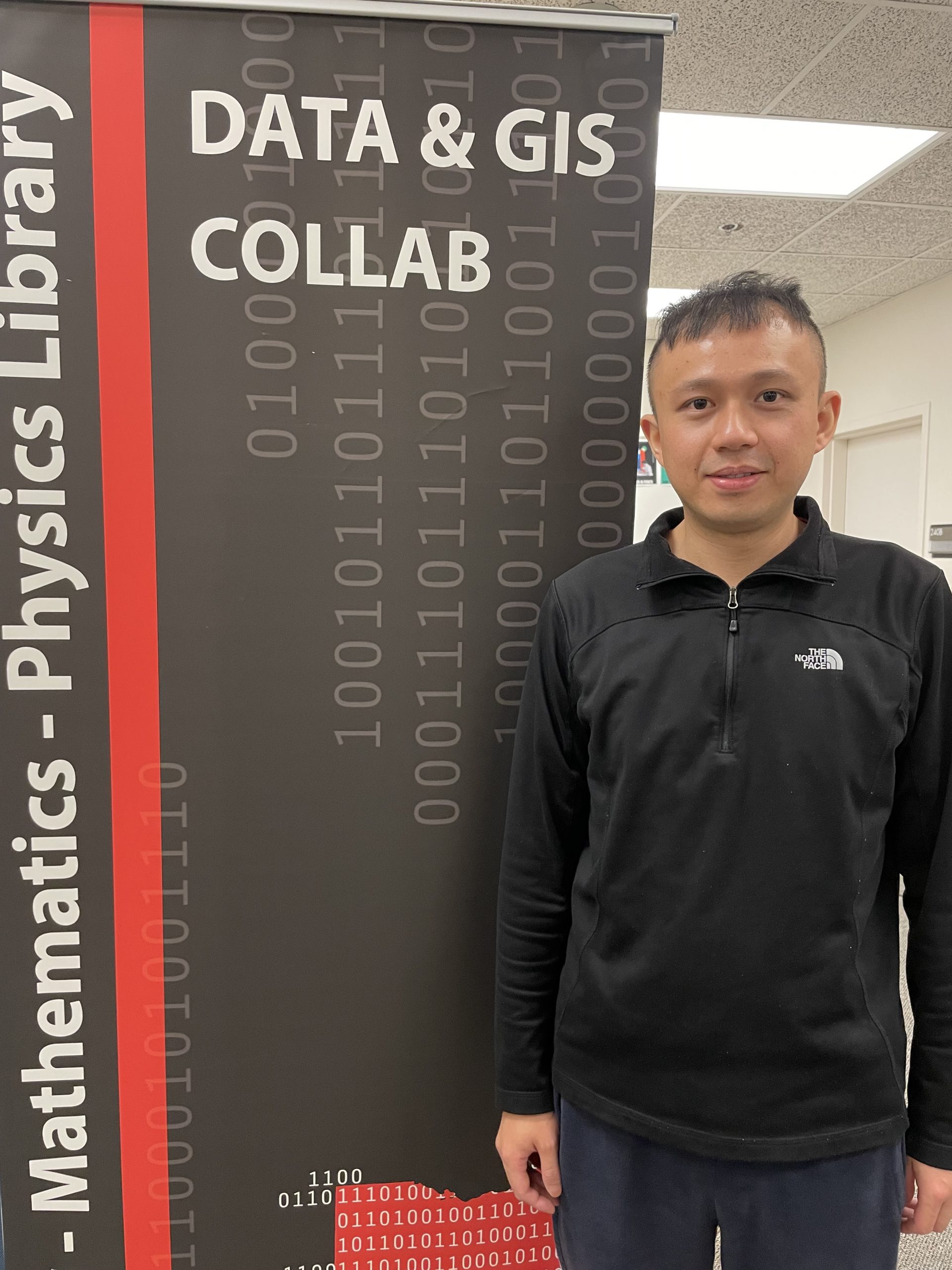
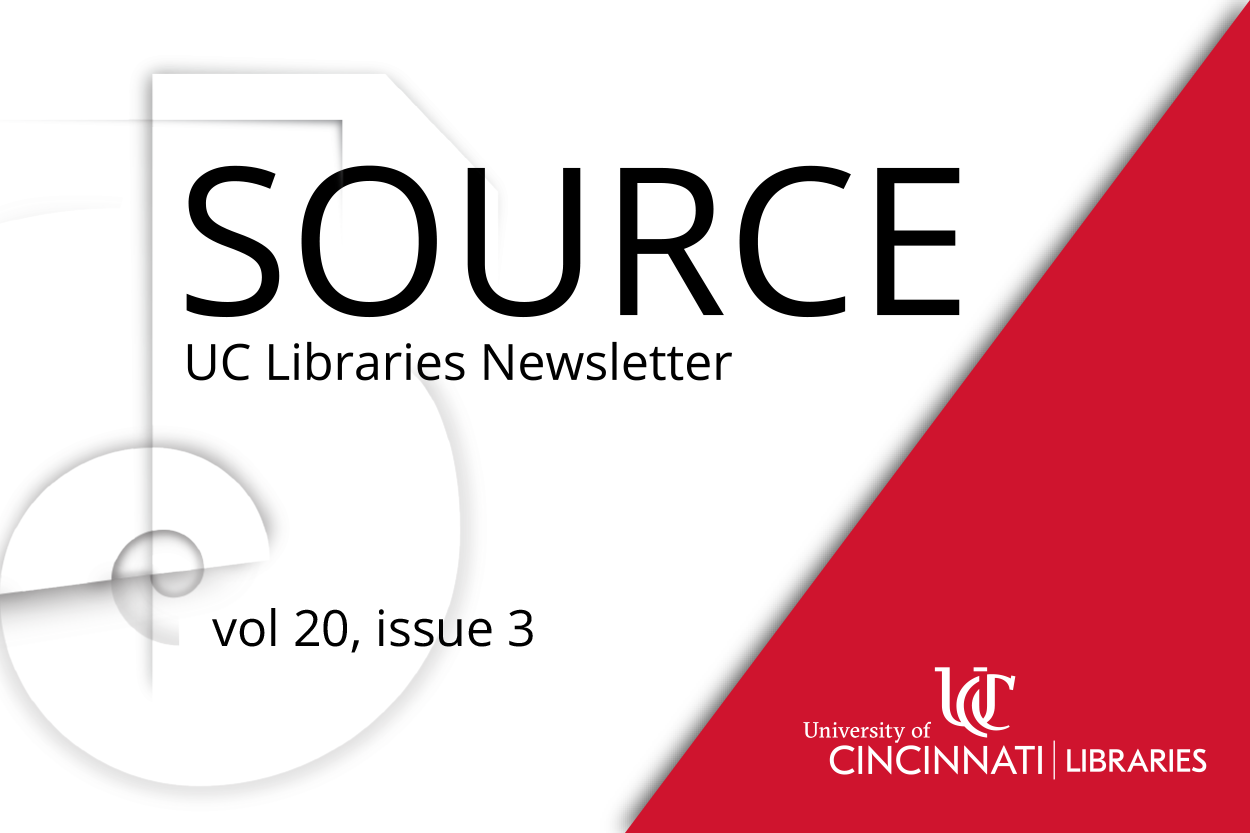
 Looking for resources about the present crisis in Ukraine? The University of Cincinnati Libraries can help. Librarians have created a Research Guide that includes library resources, including books, journal articles, news reports and more.
Looking for resources about the present crisis in Ukraine? The University of Cincinnati Libraries can help. Librarians have created a Research Guide that includes library resources, including books, journal articles, news reports and more.